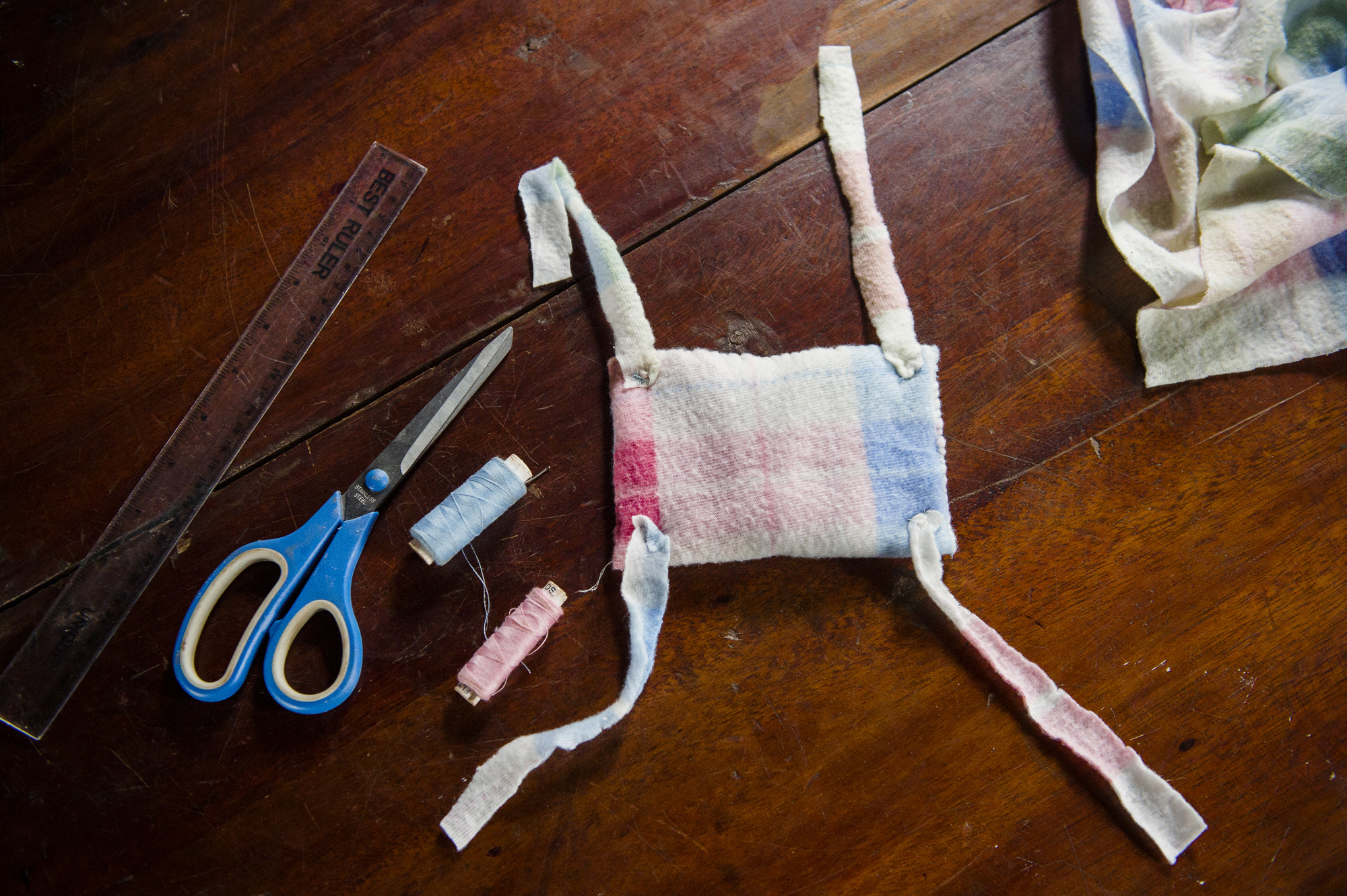In March 2019, the UK Government announced changes that would help end period poverty in the UK and overseas. From the provision of free sanitary products at secondary schools in England to the new campaign to eradicate period poverty globally by 2030, overall these changes appear to be positive. But are they strong enough commitments to make with only 11 years left to reach the Sustainable Development Goals? With the world being behind on achieving SDG6 (water and sanitation), shouldn’t governments take larger leaps to help achieve this?
The Right First Step
Shining a spotlight on a taboo subject in a country where 1 in 10 girls are unable to afford period products, the UK Government is taking a positive step for those who have been calling for action and are already working to end stigma around periods.
It’s also a more welcoming atmosphere for young adolescent girls who may now begin to feel more comfortable and open to talk about periods. These necessary steps will surely lead to the shrinking of shocking statistics. For example, Plan International UK’s 2017 report stated that 14% of girls in the UK didn’t know what was happening when they first started their periods and 26% of them did not know what to do.
This campaign includes support for projects tackling period poverty and stigmas globally and £2 million in UK aid support – through the Department for International Development (DfID) – to help organisations that are already working to stamp out period poverty around the world.

Is it a big enough step?
Period poverty is not an issue that has appeared out of nowhere. It is not a crisis that crept up on us all. Women and young girls have been suffering from taboos, stigmas and the inability to buy hygiene and sanitary products for generations. The issue has always been there, but necessary decisions were not taken.
As part of this commitment, a new expert joint taskforce – comprised of the Government, businesses and charities – supported by £250,000 will also develop new ideas to tackle period poverty in the UK. Is a taskforce really the most effective action that can be taken? Were many of the older ideas previously implemented for the Government to want to develop new ones?
Issues around period poverty are not complex. In fact, the solutions are not complicated either. From incorporating relevant information in the curriculum to the provision of safe water, sanitation and hygiene facilities in schools, we know that the solutions will have a lasting and positive impact.
Developing a taskforce is time consuming and defeats the sense of urgency to support and empower women in the UK and around the world. A taskforce is usually created when the issue is new and requires in-depth discussions. But women have been discussing these issues for decades. Governments just needed to listen to them. Another disadvantage and concern with the taskforce is that they are often comprised of people who simply do not represent the groups they aim to support. For example, in this case, the taskforce may include wealthier individuals (many of whom might be male) who do not understand the struggles women and young girls face – particularly those who do not have the means to purchase sanitary products.
While we at End Water Poverty are glad to see the UK Government take these necessary steps, we believe that in 2019 (with just over a decade to reach the ambitious Sustainable Development Goals) a sense of urgency is needed to eradicate period poverty globally. We would like the UK Government to treat this as an urgent matter that women and girls everywhere have struggled to face or openly talk about. It is also essential for the Government to ensure strong representation and presence of the women and girls they are aiming to support visible in the implementation and review process of these commitments.
The lack of access to safe water, sanitation and hygiene (including hygiene kits) severely impact a girl or a woman’s life. From their well-being to their position in society, women and girls have been suffering from the silence, stigmas and lack of access to the necessary facilities. Periods are a natural bodily process and no woman should be left behind because of it. We hope to see positive outcomes from these commitments and hope that the UK Government starts a much needed conversation about periods to encourage behaviour change, aiming to not just eradicate period poverty, but the stigmas attached to periods.